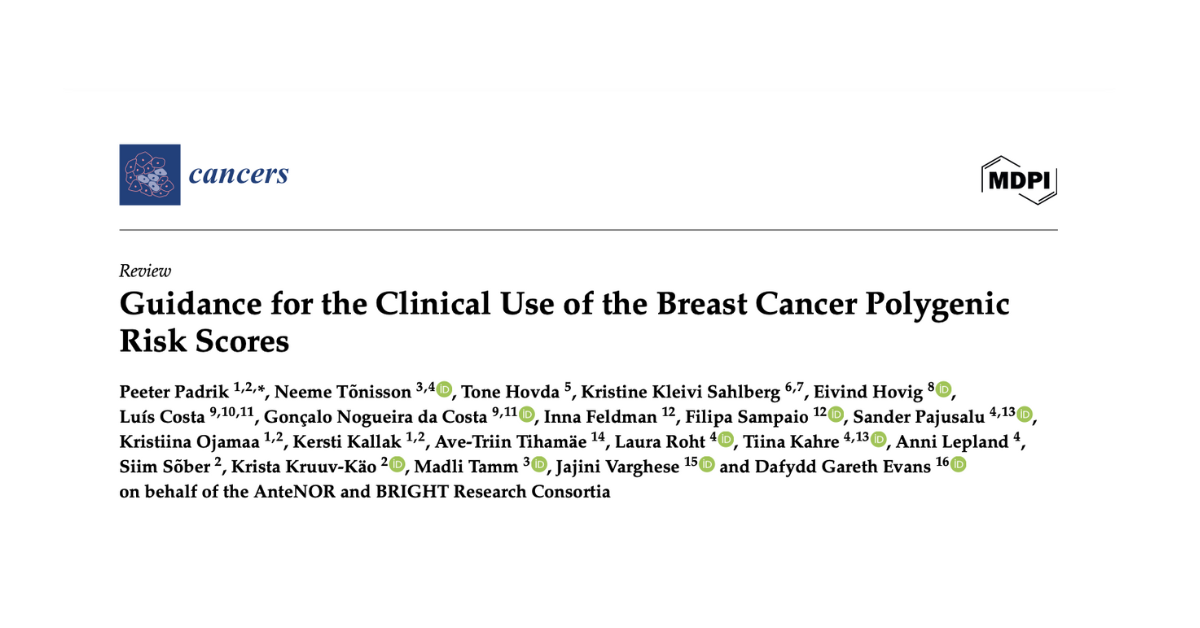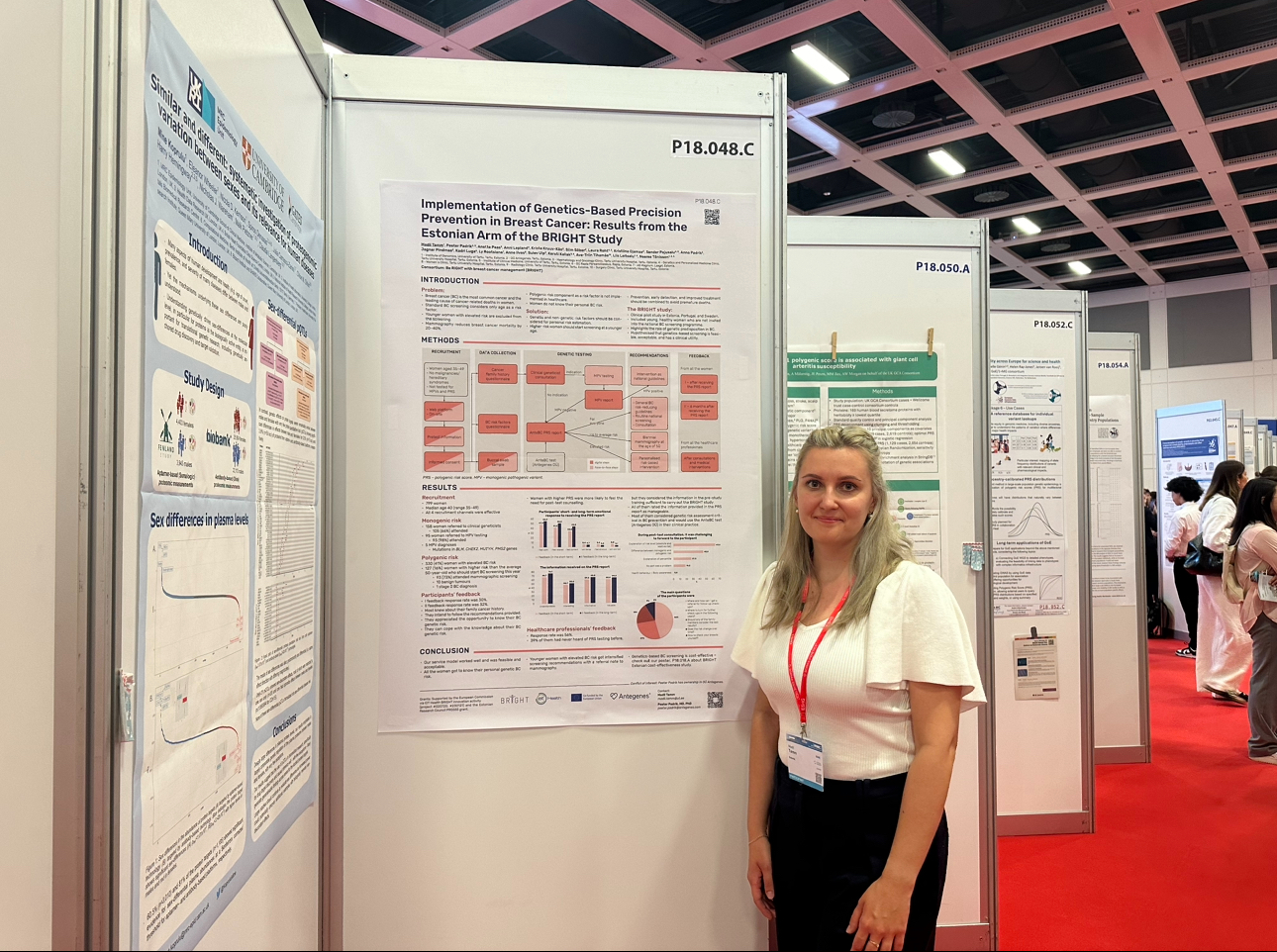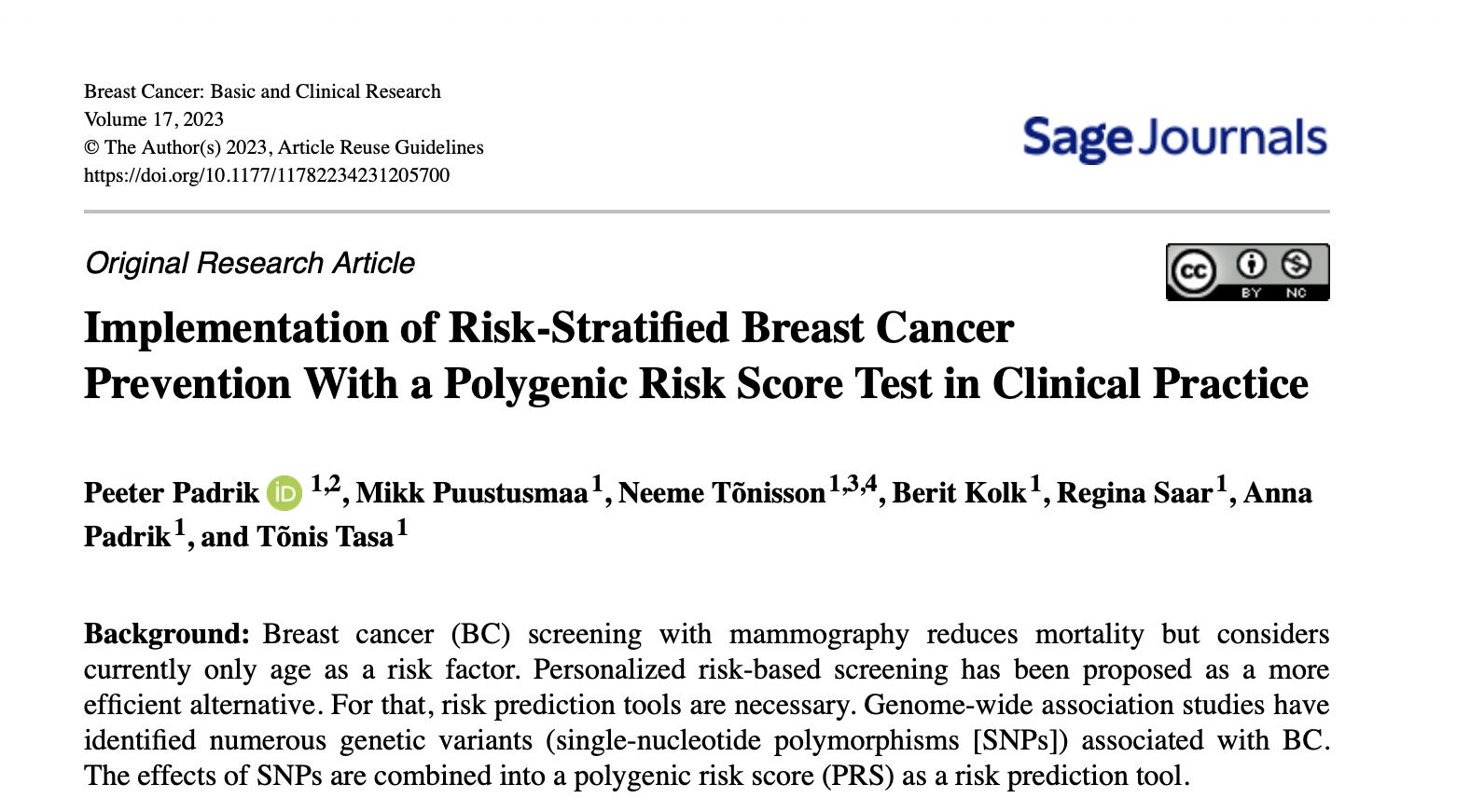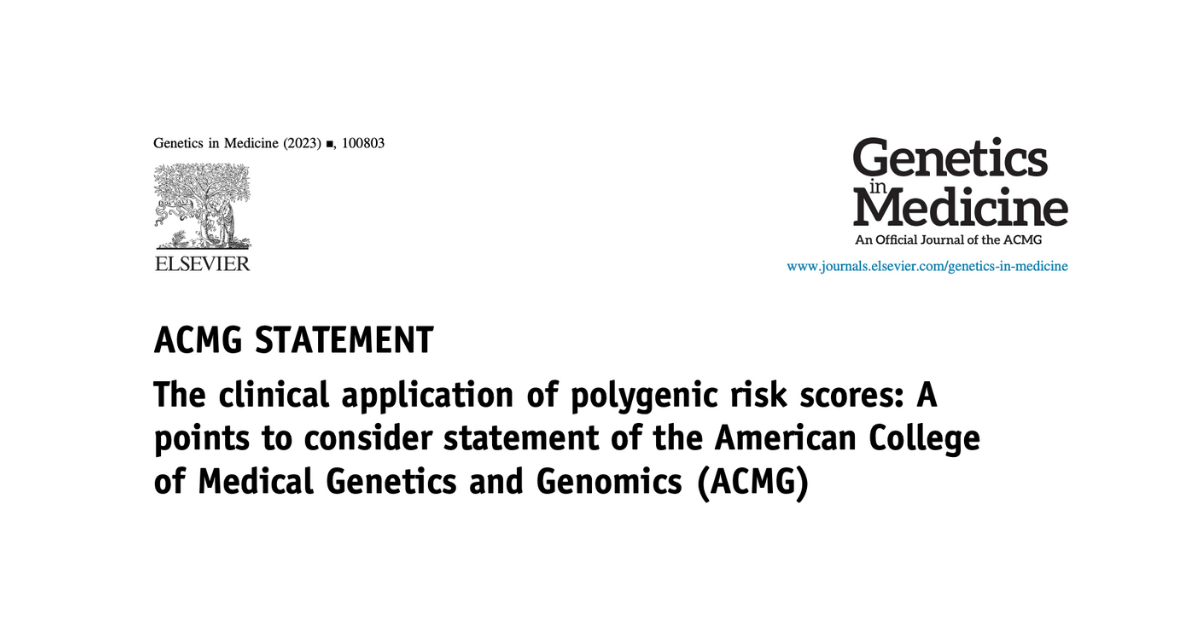A study conducted by researchers in Sweden and the United States suggests the possibility of significantly reducing the number of deaths due to prostate cancer. Genetic risk assessment allows targeting men at increased genetic risk with personalised prevention strategies or timely treatment.
Prostate cancer is the most common malignancy in men. More than 55 000 new cases of the disease are diagnosed in the UK every year, and around 12 000 men die from prostate cancer each year.
A study by Swedish and US researchers compared the risk of early prostate cancer death between men with higher and lower genetic risk. In this cohort study of 19,607 men, men at higher genetic risk had a three-fold increased risk of an early prostate cancer death before the age of 75. One-third of the deaths in this group were estimated to be preventable through healthy lifestyle choices. Also, alternatively, if the findings were explained by earlier detection and treatment, receive timely treatment.
These findings suggest that targeting men at increased genetic risk with new prevention strategies could significantly reduce early deaths from prostate cancer. For this, genetic risk level assessment is necessary for personalised cancer prevention.
The study used DNA analysis that calculates many genetic variants to assess their heritable risk of developing a disease, called polygenic risk score (PRS). The study thus confirms once again that calculating polygenic risk scores is an important component in cancer prevention and early detection, which helps to reduce prostate cancer mortality significantly.
For example, another recent study by British researchers showed that for men with higher risk scores, PRS is a better tool for prostate cancer screening than the conventional PSA blood test. PRS detected a third more cancer cases than the PSA blood test.
A blood test currently mostly measures the level of a protein called prostate-specific antigen (PSA). However, the PSA test also has its shortcomings. It is estimated that in three out of four cases, the suspicion of prostate cancer caused by the result of the PSA test turns out to be wrong. Among men with a higher genetic risk, the conventional PSA test was less likely to detect prostate cancer than the new test. A study by British researchers also showed that more than half of men with detected cancer and with a high genetic risk for prostate cancer had a normal PSA test.
The central conclusion of these studies is therefore that genetic risk assessment for prostate cancer is an important new component of early cancer detection.
In Europe and the UK, the clinical-grade prostate cancer PRS test is available from Antegenes. Learn more: AntePC personalised prostate cancer prevention.










